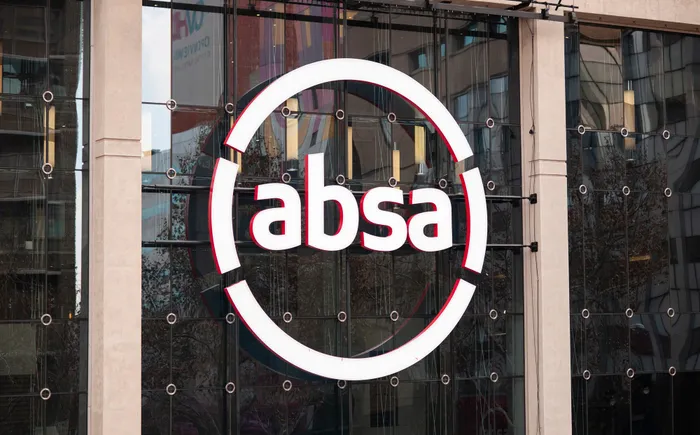Absa launches probe into staff misconduct after forensic report uncovers serious breaches

Absa commissioned an independent investigation into serious misconduct including the leaking of confidential company information.
Image: Supplied
One of South Africa’s top banks, Absa, commissioned an independent investigation into serious misconduct including the leaking of confidential company information.
The bank’s Managing Executive of Group Communications, Daniel Munslow, said that employees had, as a result of the investigation, agreed to “take a leave of absence as part of the standard procedural requirement”.
News24 reported that certain Absa staff members allegedly leaked information that could have resulted in former CEO, Arrie Rautenbach, departing the company. IOL previously reported that Rautenbach would take early retirement from April 15 this year and not serve out the remainder of his contract.
Rautenbach had been with Absa for over 27 years and became CEO in March 2022 and had two-and-a-half years remaining on his contract.
Absa called in ENS Forensics to undertake the probe, with the forensic company concluding that “there is prima facie evidence of serious misconduct, which will be presented in a formal disciplinary enquiry in accordance with proper protocols and procedures including being chaired by an independent senior counsel,” said Munslow.
As yet, no employees have been fired with regards to the ENS investigation, he added.
ENS Forensics, the forensic arm of ENSafrica, is one of Africa’s largest and most accomplished investigation teams, combining forensic legal experts, accountants, data analysts, and IT specialists, its website notes.
Its practice covers complex, cross-border, and high-stakes investigations across sectors and included practice areas such as fraud investigations, corruption and bribery investigations, digital and cyber investigations, digital forensic analysis, as well as fact-finding into whistle-blower claims, bullying, governance irregularities.
Because “the process has not concluded, it would not be appropriate to speculate as to any outcomes at this stage,” said Absa.
IOL